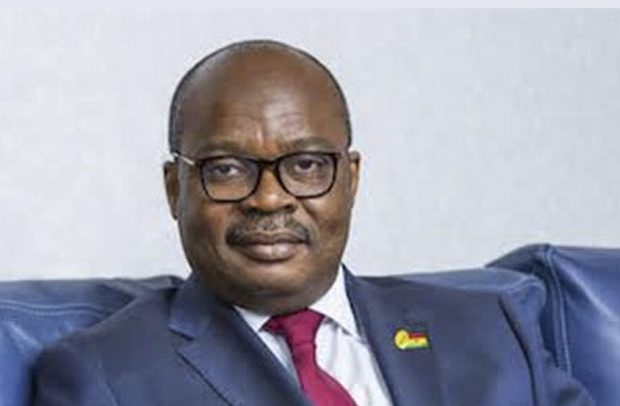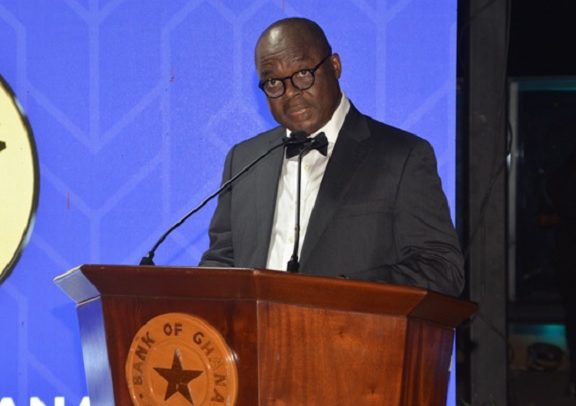
Dr Johnson Asiama, the newly appointed Governor of the Bank of Ghana, and First Deputy Governor, Dr Zakari Mumuni, have been officially sworn into office by President John Mahama.
At a brief ceremony at the Jubilee House on Tuesday, 25th January, the governors, led by the President, took the Oaths of Allegiance, Office, and Secrecy.
During his address, President Mahama urged the new administration to learn from past mistakes, emphasising that irresponsible fiscal policies undermine public confidence.
He also criticised decisions made by the Central Bank under the leadership of Dr Ernest Addison in the previous administration, particularly referencing the controversial banking sector clean-up.
In his remarks, Dr Asiama pledged to work diligently and impartially to revive the economy and stabilise the Ghanaian cedi. He outlined six key reform areas aimed at fostering greater transparency and enhancing the effectiveness of monetary policy implementation.
ALSO READ: 5 violent senior high school clashes in 2025 – Is student discipline declining?
Six Key Proposed Reforms
1. Discontinuing the Use of Differentiated Cash Reserve Requirements and Relying on Open Market Operations (OMOs)
This measure is expected to improve communication between the Central Bank and commercial banks on regulatory matters.
Dr Asiama expressed confidence that this approach, coupled with effective policy measures, would help reduce inflation to the targeted levels.
2. Preserving Exchange Rate Stability and Limiting Excessive Volatility
Enact a new foreign exchange law to replace the Foreign Exchange Act 2006 (Act 723).
Implement targeted market operations to eliminate forex leakages and improve reserve management.
Deepen Ghana’s participation in the Pan-African Payment and Settlement System (PAPSS), allowing businesses to trade across Africa using local currencies instead of the US dollar.
Introduce structured and transparent systems to ensure fair pricing and distribution in the forex markets.
3. Realigning the Regulatory Mandate to Promote Greater Financial Intermediation and Economic Growth
Enforce strict prudential regulations while creating an enabling environment for responsible lending and innovation in the banking sector.
Update the Banks and Specialised Deposit-Taking Institutions Act (Act 930) to reflect current economic realities.
ALSO READ: 5 money mistakes you must avoid today as a young person – Don’t miss no. 4
4. Boosting Financial Inclusion and Innovation to Promote Inclusive Economic Growth
Introduce a digital strategy to modernise operations and better serve stakeholders.
Support initiatives that expand access to financial services, leveraging fintech and mobile banking to reach underserved communities.
Collaborate with banks, startups, and international partners to strengthen Ghana’s digital finance ecosystem.
Develop a clear regulatory framework for digital assets to ensure safe and structured financial innovation.
5. Enhancing Fiscal and Monetary Policy Coordination
Strengthen the independence of the Bank of Ghana by enhancing key provisions in the Bank of Ghana Act.
Engage constructively with the government and key stakeholders to align monetary and fiscal policies effectively.
6. Reversing the Bank of Ghana’s Negative Equity Position
Reassess the Bank’s non-core operations.
Implement cost-cutting measures to improve operational efficiency.
Develop a clear strategy to restore the Bank’s negative equity to a positive position in the medium term.
Dr Asiama reaffirmed his commitment to ensuring that the Bank of Ghana plays a pivotal role in restoring economic stability, safeguarding financial institutions, and fostering economic growth in Ghana.
Read Full Story



















Facebook
Twitter
Pinterest
Instagram
Google+
YouTube
LinkedIn
RSS